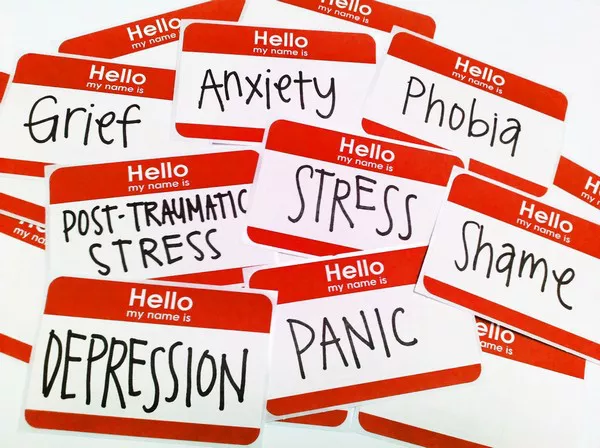MDD, or Major Depressive Disorder, is a complex and challenging mental health condition that affects millions of individuals around the world. While it is commonly referred to as depression, MDD encompasses a range of symptoms and experiences that can have a significant impact on a person’s emotional well-being and daily life. In this article, we will delve into the intricacies of Major Depressive Disorder, exploring its definition, causes, symptoms, treatment options, and the importance of seeking help. By gaining a deeper understanding of MDD, we aim to promote awareness, reduce stigma, and provide valuable information to those affected by this condition.
Defining Major Depressive Disorder
1. Beyond Everyday Sadness
Major Depressive Disorder is more than just occasional feelings of sadness. It is a mental health condition characterized by persistent and intense feelings of sadness, hopelessness, and a lack of interest or pleasure in activities that were once enjoyable.
2. Clinical Diagnosis
MDD is diagnosed based on specific criteria outlined in the Diagnostic and Statistical Manual of Mental Disorders (DSM-5). These criteria include the presence of certain symptoms over a defined period, such as low mood, fatigue, changes in appetite or sleep patterns, and difficulty concentrating.
Causes and Contributing Factors
1. Complex Origins
The exact cause of MDD is not fully understood and likely involves a combination of genetic, biological, environmental, and psychological factors. These factors can interact and contribute to the development of the disorder.
2. Neurochemical Imbalance
One prevailing theory is that MDD is linked to an imbalance of certain neurotransmitters in the brain, such as serotonin and norepinephrine, which play a crucial role in regulating mood and emotions.
See Also: Mental Illness: Types, Common Symptoms & Potential Causes
Recognizing Symptoms of MDD
1. Emotional Symptoms
Individuals with MDD may experience persistent feelings of sadness, emptiness, or hopelessness. They may also lose interest in activities they once enjoyed and struggle with excessive guilt or feelings of worthlessness.
2. Physical Symptoms
MDD can manifest in physical symptoms such as changes in appetite and sleep patterns, low energy levels, and unexplained aches or pains.
3. Cognitive Symptoms
People with MDD may have difficulty concentrating, making decisions, or remembering details. Negative thoughts and a pessimistic outlook are also common cognitive symptoms.
Treatment Approaches for MDD
1. Psychotherapy
Psychotherapy, or talk therapy, is a fundamental treatment approach for MDD. Cognitive Behavioral Therapy (CBT), Dialectical Behavior Therapy (DBT), and Interpersonal Therapy (IPT) are among the various forms of therapy that can help individuals manage and cope with their symptoms.
2. Medication
Antidepressant medications, such as selective serotonin reuptake inhibitors (SSRIs) and serotonin-norepinephrine reuptake inhibitors (SNRIs), are often prescribed to help regulate neurotransmitter levels and alleviate depressive symptoms.
3. Lifestyle Modifications
Engaging in regular exercise, maintaining a balanced diet, practicing stress-reduction techniques, and getting sufficient sleep can contribute to managing MDD symptoms.
Seeking Professional Help
1. Importance of Early Intervention
Recognizing the signs of MDD and seeking help early is crucial for effective management. The longer symptoms go untreated, the greater the potential impact on an individual’s overall well-being.
2. Stigma and Support
It’s important to acknowledge that seeking help for MDD is a sign of strength, not weakness. Breaking down the stigma surrounding mental health and seeking support from mental health professionals, friends, and family is an essential step toward recovery.
See Also: A Comprehensive Exploration of Common Mental Health Problem
Conclusion
In conclusion, Major Depressive Disorder (MDD) is a significant mental health condition that affects individuals on emotional, cognitive, and physical levels. Understanding the complexity of MDD, its potential causes, and the array of symptoms it entails is vital for recognizing and addressing the condition. With appropriate treatment approaches, such as psychotherapy, medication, and lifestyle modifications, individuals with MDD can manage their symptoms and improve their quality of life. The journey toward managing MDD begins with awareness, self-compassion, and seeking professional help when needed. By fostering a culture of understanding and support, we can collectively work towards reducing the impact of MDD and promoting mental well-being for all.

